Explore the successes and challenges of Sikkim’s organic farming movement, including factors that aided the transition and the current obstacles faced by farmers.
Factors that Contributed to Sikkim’s Successful Organic Transition
Sikkim’s organic farming movement was aided by several factors that contributed to its successful transition. One of the key factors was the state’s small land holdings and relatively low fertilizer use, which made it conducive to organic farming even before the official transition. Unlike larger states, Sikkim’s farming practices already supported organic methods, making the shift easier.
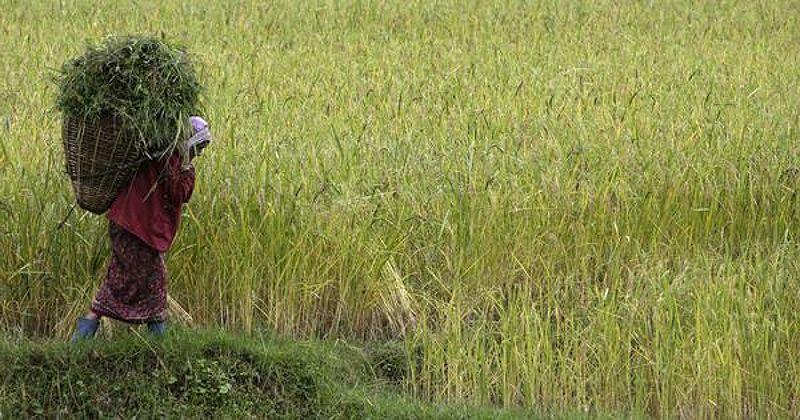
( Credit to: Scroll )
Additionally, the presence of grower groups and certification agencies played a crucial role in facilitating the training and certification of farmers. These groups provided support, guidance, and resources to farmers, helping them adopt organic farming practices. The certification agencies ensured that farmers met the necessary standards and helped build trust among consumers.
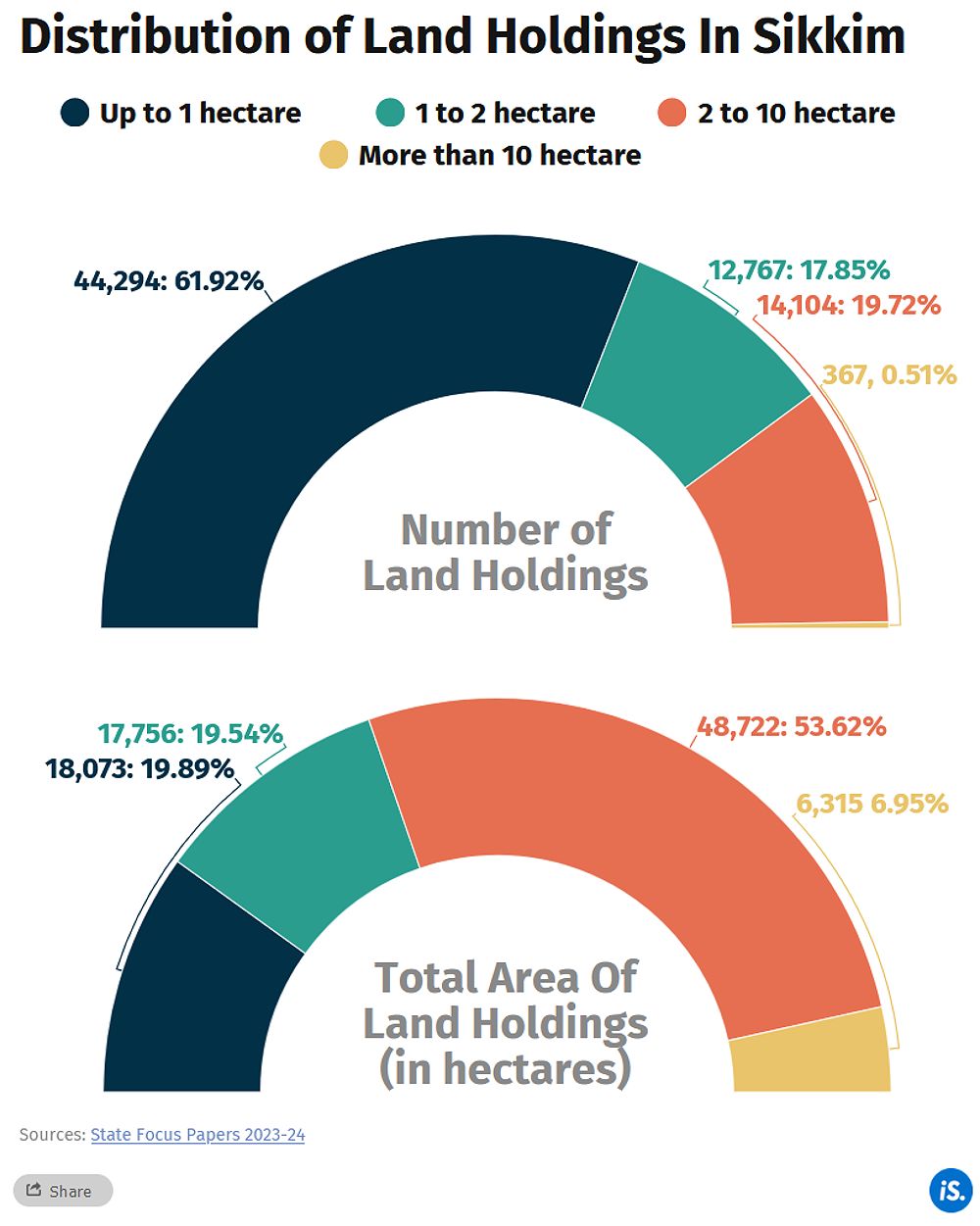
( Credit to: Scroll )
Sikkim’s organic mission, implemented in three phases between 2003 and 2016, also played a significant role in the state’s successful transition. It provided a roadmap for the transformation and created awareness about the benefits of organic farming practices. This mission helped farmers understand the importance of sustainable agriculture and motivated them to embrace organic farming.
Challenges Faced by the Organic Farming Movement in Sikkim
Despite the initial success, the organic farming movement in Sikkim is currently facing several challenges. One of the main challenges is the low earnings for farmers. Many farmers are struggling to earn a sustainable income from organic farming, leading to a decrease in the number of farmers and cultivable land. This issue has also resulted in migration to towns in search of better opportunities.
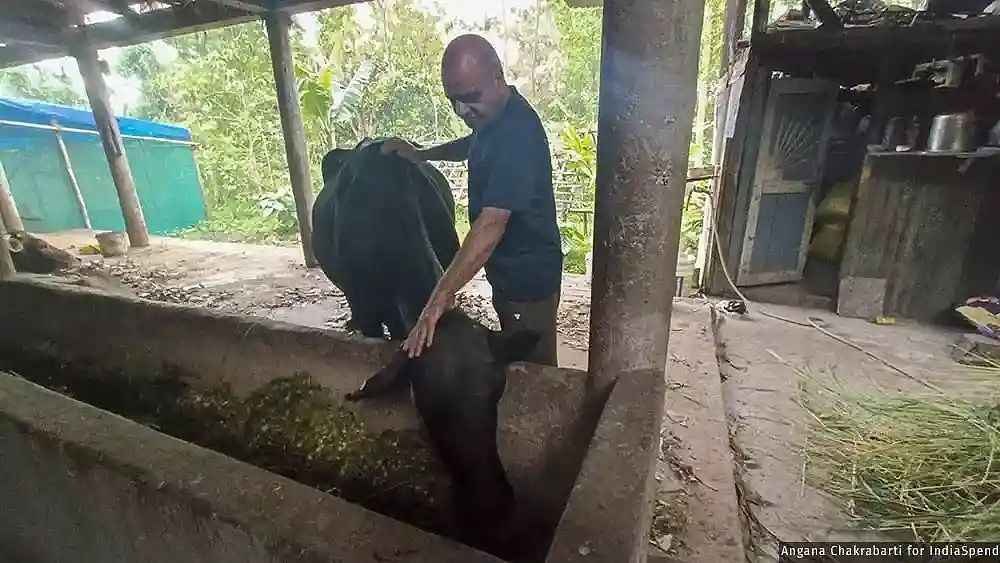
( Credit to: Scroll )
Another significant challenge is the competition from non-organic produce, particularly from neighboring states like Siliguri in West Bengal. Cheaper non-organic products make it difficult for Sikkim’s organic farmers to compete in the market. The price difference between organic and non-organic products influences consumer choices, posing a challenge for the organic farming movement.
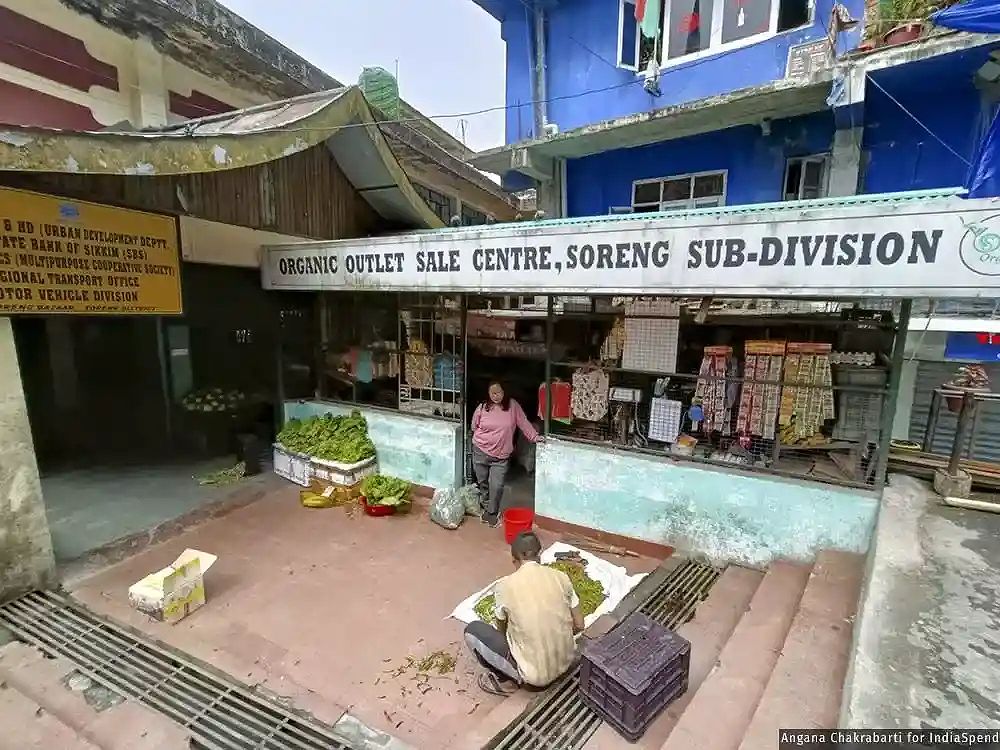
( Credit to: Scroll )
The supply chain for organic produce in Sikkim also faces several issues. Farmers lack proper packaging and marketing techniques to effectively promote their organic products. Additionally, there is a lack of trader certificates for farmer producer organizations (FPOs), preventing them from directly selling their produce. These supply chain issues hinder the growth and sustainability of the organic farming movement.
The certification process for organic farming has also raised concerns among farmers. There have been reports of insufficient inspections and a lack of communication regarding the renewal of certificates. Farmers have also expressed doubts about the quality of government-provided seeds. These challenges in the certification process need to be addressed to ensure the integrity and trustworthiness of organic farming practices in Sikkim.
The Importance of Addressing Challenges for Sikkim’s Organic Farming Movement
Addressing the challenges faced by farmers is crucial for sustaining the organic farming movement in Sikkim. The government and relevant stakeholders should focus on improving market access for organic farmers. This can be achieved by providing training and support for packaging and marketing organic products effectively. Enhancing market opportunities will enable farmers to earn a sustainable income and encourage more farmers to embrace organic farming.

( Credit to: Scroll )
Efforts should also be made to improve the supply chain for organic produce. Providing farmers with proper packaging and marketing techniques will help them promote their products and compete effectively in the market. Additionally, ensuring trader certificates for FPOs will enable direct selling of organic produce, eliminating middlemen and improving farmers’ earnings.
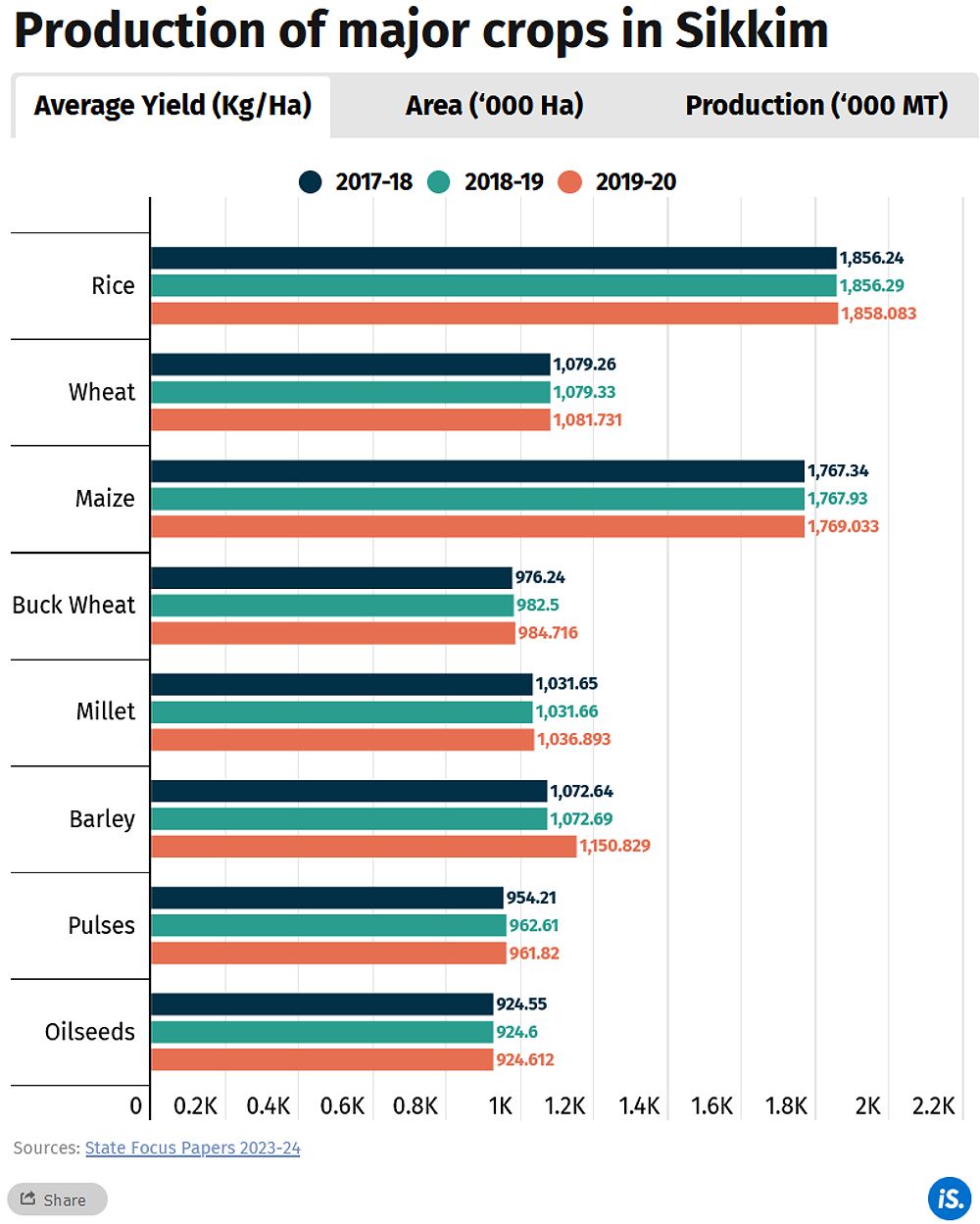
( Credit to: Scroll )
The certification process for organic farming needs to be more robust and transparent. Regular inspections and clear communication regarding certificate renewals are essential to maintain the integrity of organic farming practices. Addressing farmers’ concerns about the quality of government-provided seeds will also enhance trust and confidence in organic farming.
Furthermore, efforts should be made to conserve local seeds and enhance the availability of organic seeds. This will reduce dependency on external sources and promote self-sufficiency in organic farming. By addressing these challenges, Sikkim can continue to be a model for organic farming in India and ensure the long-term sustainability of the organic farming movement.
